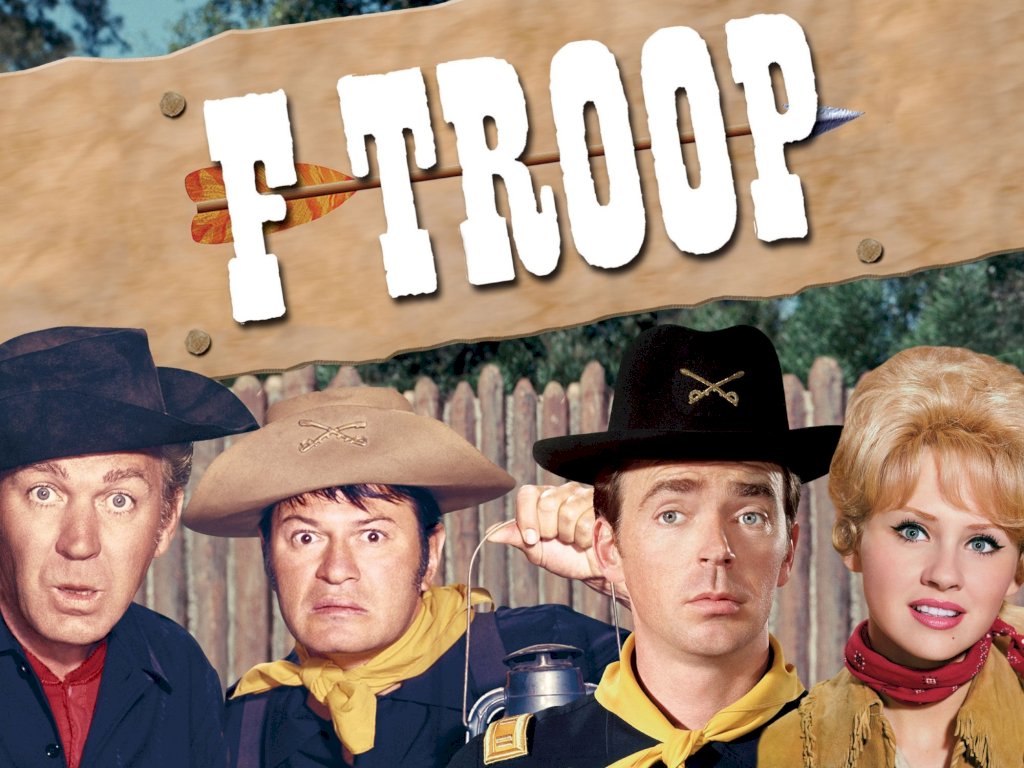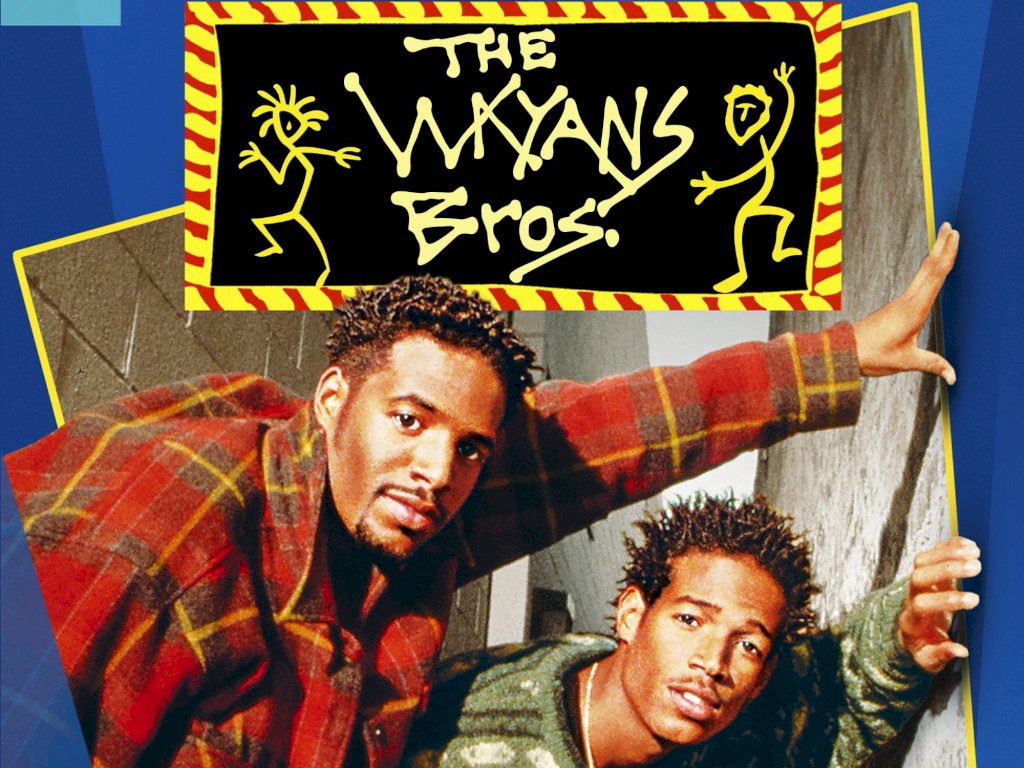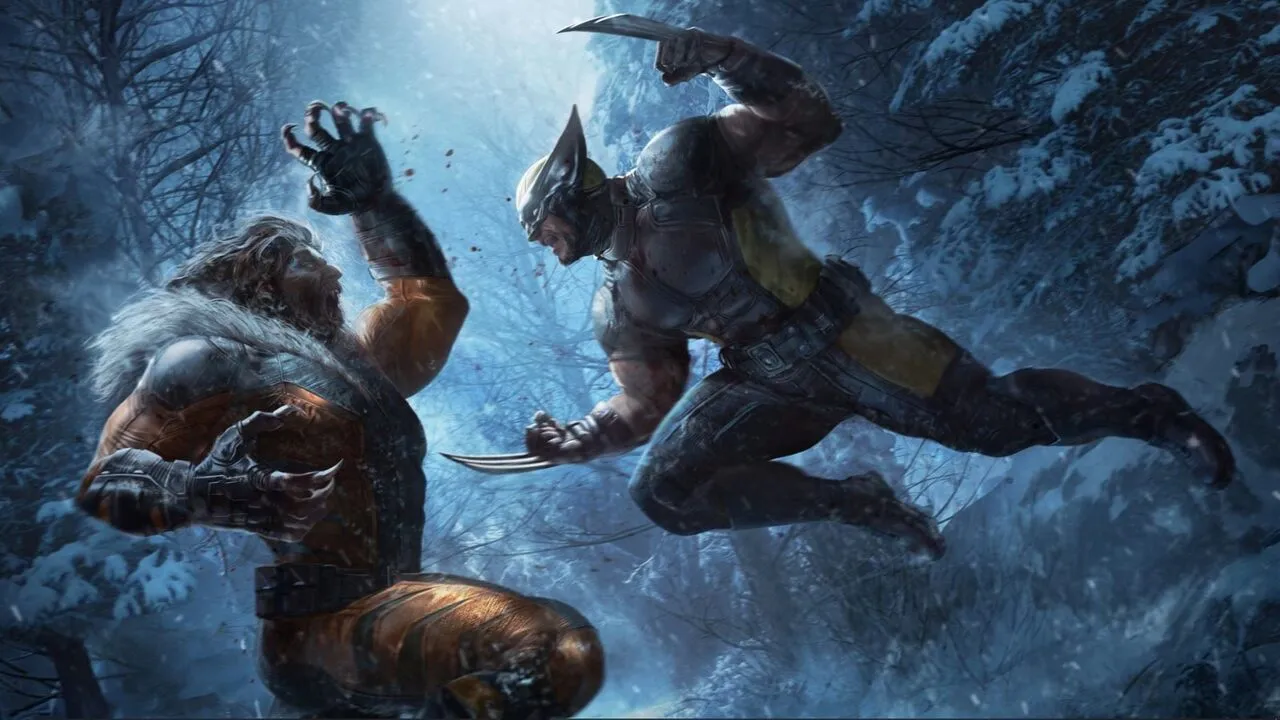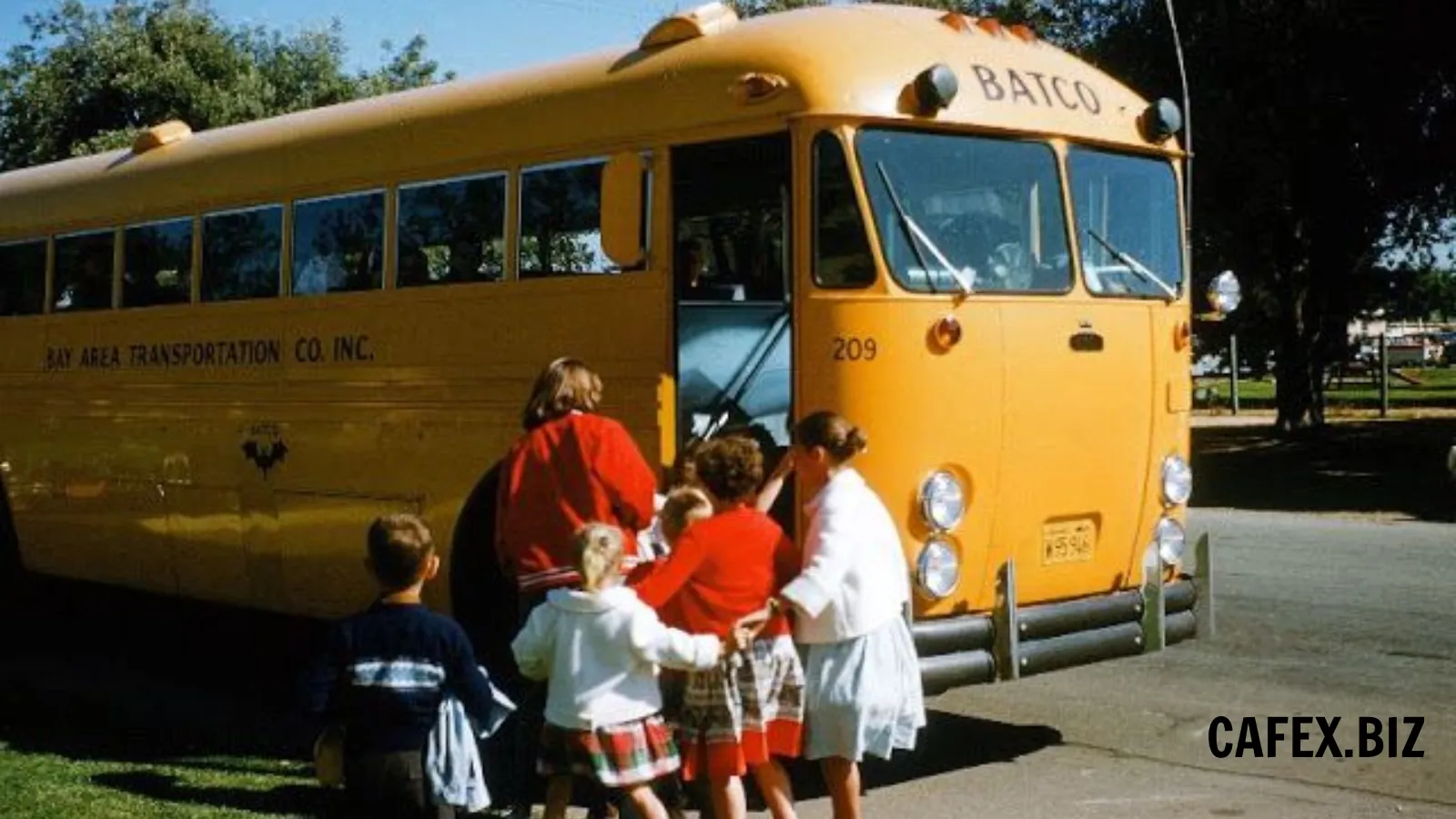In the annals of classic American television, there are many beloved sitcoms that have left an indelible mark on the hearts of viewers. Among these, "F Troop," a slapstick comedy that aired from 1965 to 1967, holds a special place. Set in the post-Civil War Wild West, this show took a humorous and often absurd look at the lives of the inhabitants of Fort Courage and the misadventures of its titular F Troop. This article will delve deep into the world of "F Troop," exploring its history, the characters, its unique humor, and its lasting legacy.

The Wild West Meets Comedy
The Creation of F Troop

"F Troop" was the brainchild of two talented television producers, William T. Orr and Hy Averback. The show was developed and produced by Warner Bros. Television, a studio known for creating a wide array of popular television programs. Orr and Averback envisioned a comedy series set in the Old West, which was quite an unconventional premise for the mid-1960s. This concept immediately set "F Troop" apart from other shows of the era.
The show was created by Richard M. Bluel and featured writers such as Arthur Julian, Jim Fritzell, and Everett Greenbaum. The writing team played a pivotal role in shaping the show's unique humor and wit, which became a hallmark of "F Troop."
The Plot and Setting

"F Troop" is set in the fictional town of Fort Courage, a U.S. Army outpost in the wild and untamed western frontier. The time period is the late 1800s, during the height of the American frontier era. The series revolves around the misadventures of the soldiers stationed at Fort Courage, notably the bumbling and often inept F Troop.
One of the most ingenious elements of the show is the premise that F Troop is made up of the most unlikely soldiers in the U.S. Army. The troops include Captain Wilton Parmenter, a well-meaning but clueless officer; Sergeant O'Rourke and Corporal Agarn, two opportunistic soldiers always scheming to make a quick buck; and Hekawi Indians who run the local trading post and provide comic relief. The troop's incompetence and antics make for the perfect recipe for humor.
The Cast of Characters
Captain Wilton Parmenter (Ken Berry)

At the heart of Fort Courage was the bumbling yet endearing Captain Wilton Parmenter, portrayed by Ken Berry. Captain Parmenter was the character who held the fort together and was often at the center of the show's antics. We'll explore his character development, his interactions with the other soldiers, and the enduring appeal of Ken Berry's performance.
Sergeant Morgan O'Rourke (Forrest Tucker)

Sergeant O'Rourke, played by Forrest Tucker, was the shrewd, business-savvy character who always had a scheme up his sleeve. He and his partner-in-crime, Sergeant Agarn, were responsible for many of the comedic mishaps that unfolded at Fort Courage. Tucker's portrayal of O'Rourke was a linchpin in the show's comedic success.
Corporal Randolph Agarn (Larry Storch)

Larry Storch brought the character of Sergeant Randolph Agarn to life with his impeccable comedic timing and expressions. Agarn was O'Rourke's right-hand man and partner in their various schemes, which often ended in uproarious disaster. We'll delve into the dynamic between O'Rourke and Agarn and the reasons behind their enduring popularity.
Wrangler Jane Angelica Thrift (Melody Patterson)

In the midst of all the chaos at Fort Courage, there was a soft spot—the lovely Wrangler Jane, played by Melody Patterson. We'll explore her role as a calming presence in the show, her romantic entanglements with Captain Parmenter, and the impact of her character on the series.
The Hekawis

The Hekawis were a Native American tribe living near Fort Courage, and their portrayal in "F Troop" is a subject of interest and discussion. We'll examine how the show handled Native American characters and the impact of these portrayals on the show's legacy.
The Comedic Genius of F Troop
Slapstick Humor

"F Troop" was famous for its slapstick humor. From characters running into walls to misunderstandings that spiraled out of control, the show reveled in physical comedy. We'll explore the art of slapstick in the series and how it contributed to its enduring appeal.
Satire and Social Commentary

Beneath the surface humor, "F Troop" occasionally touched on deeper themes, including satirical commentary on the military, bureaucracy, and the Wild West itself. We'll dissect some of these episodes and examine how the show balanced humor with social critique.
Catchphrases and Running Gags

"F Troop" had its fair share of memorable catchphrases and running gags. From the classic "I made it, Ma! Top of the world!" to recurring jokes about Agarn's height, we'll take a nostalgic look at the lines and moments that fans still remember fondly.
Challenges and Controversies

Despite its popularity, "F Troop" only ran for two seasons. We'll explore the factors that led to its cancellation, including competition from other shows and changes in viewer preferences during the 1960s.
As mentioned earlier, the show's portrayal of Native American characters has sparked discussions and controversies. We'll delve into how these portrayals have been viewed in retrospect and how they fit into the broader context of 1960s television.
The Legacy of F Troop

Over the years, "F Troop" has maintained a dedicated fan base. We'll explore the various tributes, conventions, and revival efforts that have kept the show's memory alive.
The show's influence can be seen in subsequent sitcoms and comedic series. We'll trace the influence of "F Troop" on other comedies and its place in the pantheon of classic television.

In the digital age, classic television is more accessible than ever, and "F Troop" is no exception. We'll discuss the availability of the show on streaming platforms and the importance of preserving such cultural artifacts.
Conclusion

"F Troop" (1965-1967) holds a cherished place in the history of American television. Its unique brand of slapstick humor, memorable characters, and occasional social commentary continue to entertain and captivate audiences. Despite its brief run, the show's legacy endures through fan tributes, pop culture references, and its availability on streaming platforms. As we look back on this beloved series, we find that the escapism and laughter it provided during the tumultuous 1960s are still as relevant and appreciated today as they were more than half a century ago.



